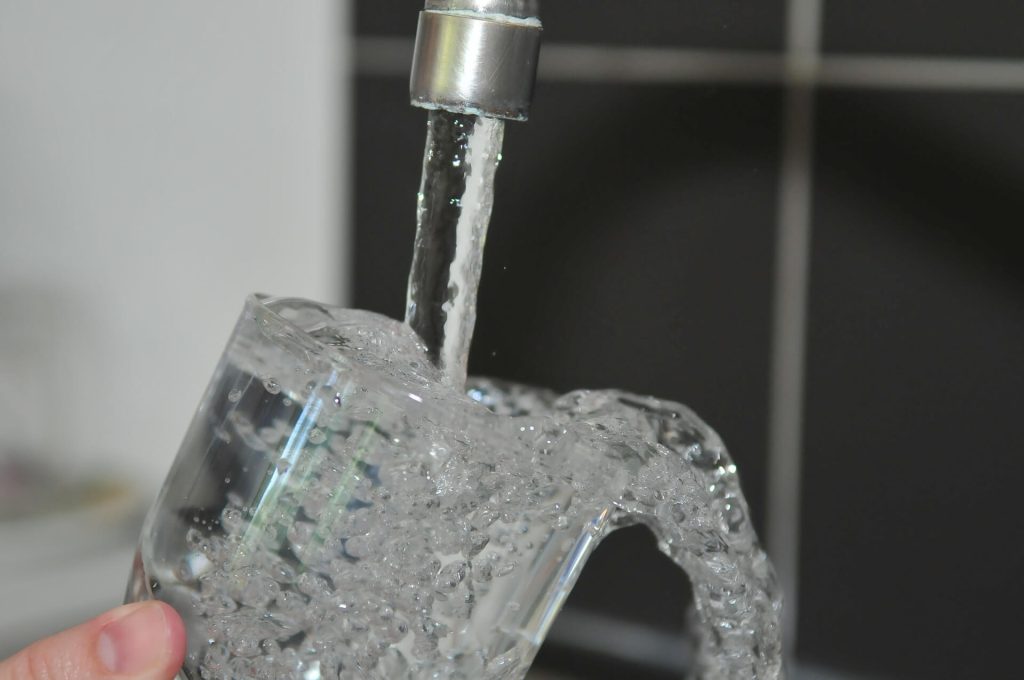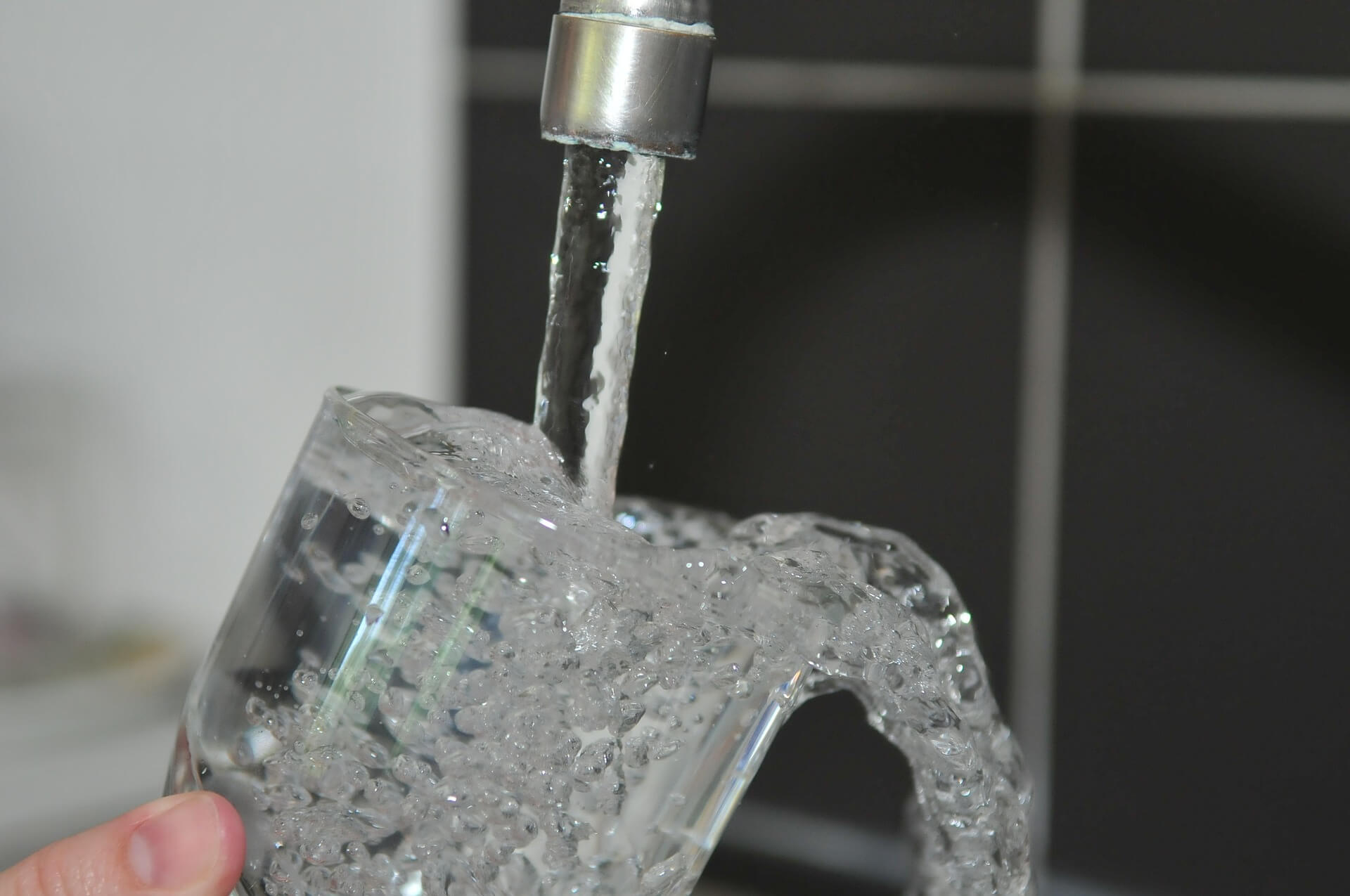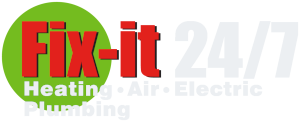How To Avoid Winter Drain Problems
March 2, 2018

Do you notice a weird taste, odor, or color of your water? If you have any doubts about the quality of your water, contact your local plumbing professional for an at-home water quality test. If you are a well-owner, we recommend testing your water at least once a year.
In addition to lead and other impurities, your water supply may also have excess amounts of chlorine. When chlorine interacts with organic matter, it can create new contaminants called trihalomethanes (THMs). Chloroform is one of the four major THMs, and is known for causing bladder cancer.
According to the National Cancer Institute, people who drink chlorinated water double their risk of bladder cancer compared with those who don’t drink chlorinated water.
Reverse osmosis systems are composed of three different layers:
- Pre-Sediment Filter
- Cellophane-Like, Semipermeable Membrane
- Carbon Filter
Reverse osmosis is one of the most effective ways to remove fluoride, nitrates, bacteria, asbestos, organic and inorganic chemicals (lead, arsenic, magnesium, etc.).
Keep in mind that reverse osmosis systems can waste a lot of water. Even if you aren’t using any water, some reverse osmosis systems will use up to 20 gallons of water a day by being flushed through the unit.
Additionally, some reverse osmosis membranes require chlorinated water while others can get damaged by chlorinated water.
Before choosing a reverse osmosis system for your home, contact the professionals at Fix-It 24/7.
Common Water Contaminants
Other possible contaminants in your water supply include:
- Asbestos
- Bacteria
- Inorganic Materials
- Nitrates
- Organic Chemicals
- Particulates
- Pesticides
- Radon
- THMs
- Volatile Organic Compounds (VOCs)
Professional Water Testing
Before you purchase a water treatment system, it’s important to know exactly what’s in your water supply so you can choose the most effective system for your needs.
For the most accurate water testing, either contact a local company or send a water sample to a National Testing Laboratory.
Once you know which contaminants are flowing from your tap, you can make an informed choice. After your water test results come back, you have three options:
- Do nothing
- Drink bottled water
- Install a water purification system
Different water filtration systems do different things. There is no one filtration system that does it all. Read on to learn more about water purification and filtration equipment.
3 Water Purification Methods
There are three basic methods for purifying water.
1. Activated Carbon Filter
An activated carbon filter is a device that removes contaminants and particulates by passing water through a honeycomb-like structure within a carbon cartridge. The carbon filter is effective at removing chlorine, pesticides, herbicides, radon, industrial solvents, and THMs.
Carbon filters, however, have their limitations. For instance, an activated carbon filter will not be able to remove microorganisms or dissolved minerals, such as nitrates, calcium, magnesium, iron, or sulfates.
Activated carbon filters are typically installed under the fixture, also known as point-of-use water filtration.
Keep in mind that activated carbon filters require periodic filter replacements. For maximum contaminant removal, we recommend changing out the filter even more frequently than the manufacturer’s recommendations.
2. Distillation
You’ve probably heard that boiling water is effective at killing lots of bacteria, viruses, and other contaminants. It’s true—when lacking any other water purification method, the best way to sanitize your water is by boiling it.
The distillation method uses this basic principle to help disinfect and sanitize your water supply. Distillation purifies your water by bringing it to a boil and then condensing the steam back into water when it cools.
Distillation, like boiling water, is effective at removing impurities from the water, such as bacteria, minerals, parasites, and other contaminants.
Unfortunately, distillation doesn’t completely purify your water. The distillation method is not as effective at removing things such as chlorine compounds and VOCs (e.g. chloroform and benzene). When the water cools and condenses, many chemicals tend to reenter the water supply.
Additionally, since distillation removes most minerals, it can leave water tasting flat. Distillation is also pretty inefficient since it uses significant electricity to boil the water. It takes about 6 gallons of water to make just 1 gallon of distilled water.
3. Reverse Osmosis
Reverse osmosis systems are composed of three different layers:
- Pre-Sediment Filter
- Cellophane-Like, Semipermeable Membrane
- Carbon Filter
Reverse osmosis is one of the most effective ways to remove fluoride, nitrates, bacteria, asbestos, organic and inorganic chemicals (lead, arsenic, magnesium, etc.).
Keep in mind that reverse osmosis systems can waste a lot of water. Even if you aren’t using any water, some reverse osmosis systems will use up to 20 gallons of water a day by being flushed through the unit.
Additionally, some reverse osmosis membranes require chlorinated water while others can get damaged by chlorinated water.
Before choosing a reverse osmosis system for your home, contact the professionals at Fix-It 24/7.
Bottled Water?
If you want to spend about 1,000 times more for purified water, you may want to just use bottled water. Keep in mind bottled water is held to lower standards than tap water.
Surprisingly, the bottled water industry is less regulated than tap water. While bottled water is regulated by the FDA, tap water is regulated by the more stringent requirements of the EPA. In fact, many bottled water companies simply use municipal tap water.
Instead of polluting the earth and spending inordinate amounts of money on bottled water, speak with a professional plumber about water filtration, purification, and softening options.
For healthier, better-tasting water, contact Fix-It 24/7 to walk you through all of our water filtration and purification options. Once we test your water and inspect your home, we will install the right device to remedy all of your water quality problems.
Service You Can Count On
We came from humble beginnings, having started as just a small family
business. And while we’ve experienced growth, Fix-It 24/7







